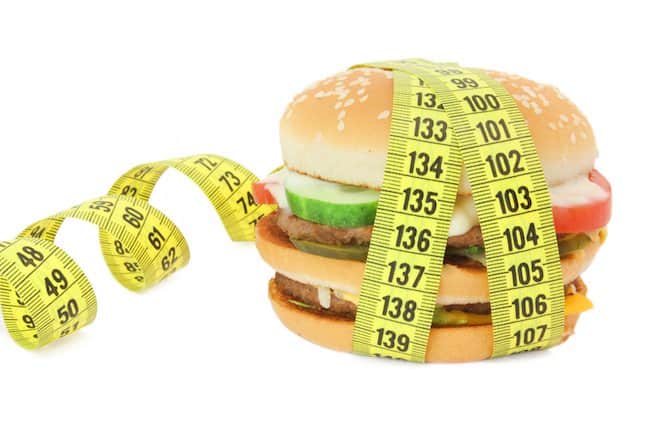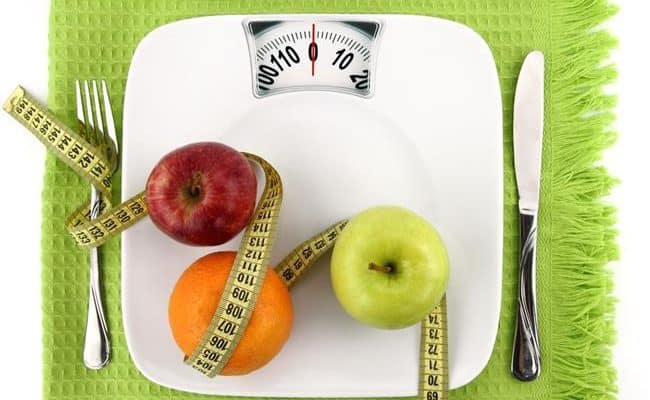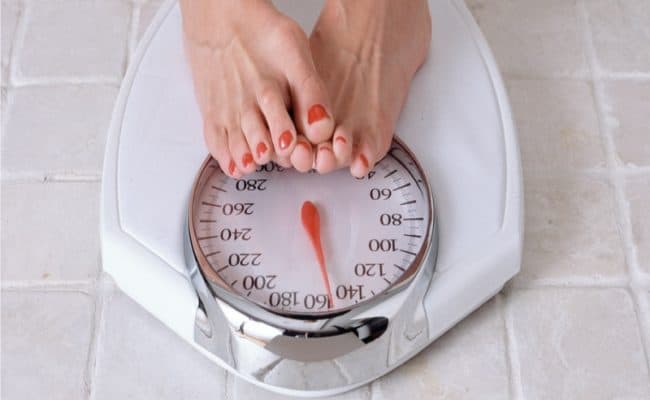
The diet industry is one of the biggest industries around the world, with businesses from every sector playing on the public’s increasing obsession with weight loss and eating the ‘right’ foods. It is thought that spending on diet products in the US alone hits between $40 and $100 billion every year. Obesity and lifestyle diseases due to being overweight are on the rise, not to mention the ongoing quest to obtain the perfect bikini body that many people around the world embark regularly. A huge number of people are constantly trying to lose weight, which, coupled with the advice from government organizations and experts saying we need to lose weight, makes for an exceptionally profitable industry.
The million dollar industry
Unfortunately, this means that the primary goal of many of the companies serving this industry is making money and this leads to misleading, inaccurate and sometimes downright dangerous diets being promoted to the public. Nobody likes giving up their favourite unhealthy foods in favour of a diet high in vegetables and fibre, so we are constantly looking for that miracle weight loss regime that allows us to enjoy everything we like, requires very little effort, and gets quick results. Diet companies give us just that in the form of numerous fad diets promising unrealistic results, promoting un-founded theories with no scientific backing and advertising drastic weight loss for a price.
Fad Diets- Just Too Good To Be True?
So with so many fad diets out there, how can we sift through the money making schemes and find diet plans that really work? To do this it is important to be able to recognise key characteristics of fad diets. Remember if it sounds too good to be true it probably is. Losing weight is not easy and it cannot be achieved without making changes in your diet and lifestyle and persevering with these changes long term. We would all like a miracle cure, but when it comes down to it to losing weight , the key is to find a balance that works for you, that you can maintain long term without feeling like you are constantly missing out of enjoyable things in life.
Ten Tips to Identify a Fad Diet
In order to help you choose an appropriate, safe and viable diet option here are some tell tale signs commonly present in fad diets. The diet is best avoided if it promotes any of the following:
1. No exercise is required or promoted
To lose weight you need to burn more calories than you are taking in. This means that if you burn more calories in exercise, you are likely to lose weight, providing you eat the same or less calories. Diets that promote the idea of losing weight without getting off the couch are likely to limit food intake severely as they are not taking advantage of the benefit exercise can bring. Being physically active is also important for other reasons, apart from weight loss, your heart, bones, and muscles all benefit from a bit of exercise.
2. You can eat whatever you want and still lose weight
This is only likely to work if you don’t really have much interest in food anyway. If you want to lose weight, you have to decrease your calorie intake, or increase the amount you burn. Many weight loss programs that suggest weight loss is possible whilst still eating a diet of hamburgers, chocolate and cola whenever you feel like it must either have an intensive exercise program with it, or a lot of small print which specifies that actually you can only eat what you want one day a week and the rest of the days you must eat a restricted diet. Losing weight means making healthy food choices the majority of the time, with just occasional indulgences.
3. Whole food groups or foods that have high nutritional value are eliminated
This kind of diet may result in weight loss; after all, you are eating less food and therefore less calories. However, cutting out specific nutritious foods or food groups such as carbs or fruit can leave you at risk of nutrient deficiencies and lacking in energy. A balanced diet of nutritious foods from all food groups is essential for weight loss AND good health.
4. Super pills that block absorption of fat, calories or carbs and suppress the appetite are advertised
Most of these pills have no scientific evidence to support them and are unlikely to be effective. They are also very expensive, and with so few of them proven to actually do what they say they do, a waste of money. It is often suggested that pills like these should be used in conjunction with a healthy diet and exercise, so most weight loss is probably due to this rather than any effectiveness of the pill itself. Diet pills are messing with the body’s natural mechanisms, which can have negative effects on health
5. Rapid weight loss that sounds too good to be true
Diets promoting drastic weight loss such as 20 pounds in two weeks are unlikely to be useful in a long term healthy approach to weight loss. Experts advise that a healthy weight loss rate is one to two pounds per week, and losing weight faster than this can be dangerous to the body. Very low calorie diets that would achieve this type of weight loss are unsustainable in the long term and unadvisable as they leave the body at risk of nutrient deficiencies, which can have serious effects over time.
6. A weight loss approach that claims to be suitable for everybody
Everybody is different and weight loss regimes need to be tailored to the individual. Different people have different metabolic needs, different requirements of key nutrients and different energy requirements for weight loss depending on original weight, activity level and body type. A successful diet must be one that fits in with your lifestyle and is therefore sustainable in the long term. For best results, see a registered dietician to create a diet plan that is suited to you.
7. Warnings about eating particular food combinations at the same time.
The body is incredibly clever and finely tuned to function perfectly. Hence it is quite capable of digesting and processing any number of food combinations at once. There is little scientific evidence to support the theory that eating or avoiding certain food combinations helps to promote weight loss. Diets that promote this are likely to have some weight loss results as they end up reducing food quantities eaten as people end up cutting certain foods from their diet in order to avoid food combinations.
8. Suggests that regular foods are bad and limits intake to a few specific foods.
Any fresh, unprocessed food can have a part in a healthy diet, although depending on the nutrient content some should be eaten frequently and some less often. Any diet that suggests that common foods are ‘bad’ and should be avoided is unlikely to be scientifically supported. Limiting your diet to specific foods means that you are at risk of nutrient deficiencies and also signing up for a boring unvaried diet. A healthy, varied diet is the best way to ensure nutrient requirements are met and to help you stick to your diet in the long term.
9. Lack of scientific evidence supporting diet, but plenty of enthusiastic testimonials from followers
How many of the made-up airbrushed diet followers featured on a diets website have actually followed the diet? Chances are the majority of them are paid actors, who have no idea what the diet is even about, but with a change of outfit, and clever lighting can look pounds lighter in the ‘after’ photograph. Similarly, diets that are supported by doctors may not be as reliable as they sound, as we have no idea what type of doctor this person is and how much they are paid to endorse the diet. Diets that are based on researched scientific facts are the best way to avoid fads. Registered dieticians advice, or guidelines devised by government organizations are usually based on well-supported evidence.
10. Claims to be a miraculous breakthrough in the weight loss world or features the latest ‘miracle’ weight loss food
While there are definitely some foods that are healthier than others and can confer huge health benefits. Any diet suggesting a miracle cure or breakthrough should not be trusted. Discoveries in the scientific world are well publicized across the world in numerous journals, and in the public news. Fad diets promising miracle breakthroughs are not, simply because there is no evidence to support this.
How to choose a healthy weight loss diet
When choosing a healthy way to lose weight, it is best to consult with a registered dietician or doctor to tailor a realistic plan that is right for you. An ideal diet is a long term solution and changes habits and lifestyle to achieve a healthier weight and keep it that way. While fad diets may promise amazing results, they are unlikely to deliver and even less likely to produce long term results that can be sustained. In some situations fad diets can even be dangerous and it is best to discuss a diet with a trained professional before starting any new eating plan.










